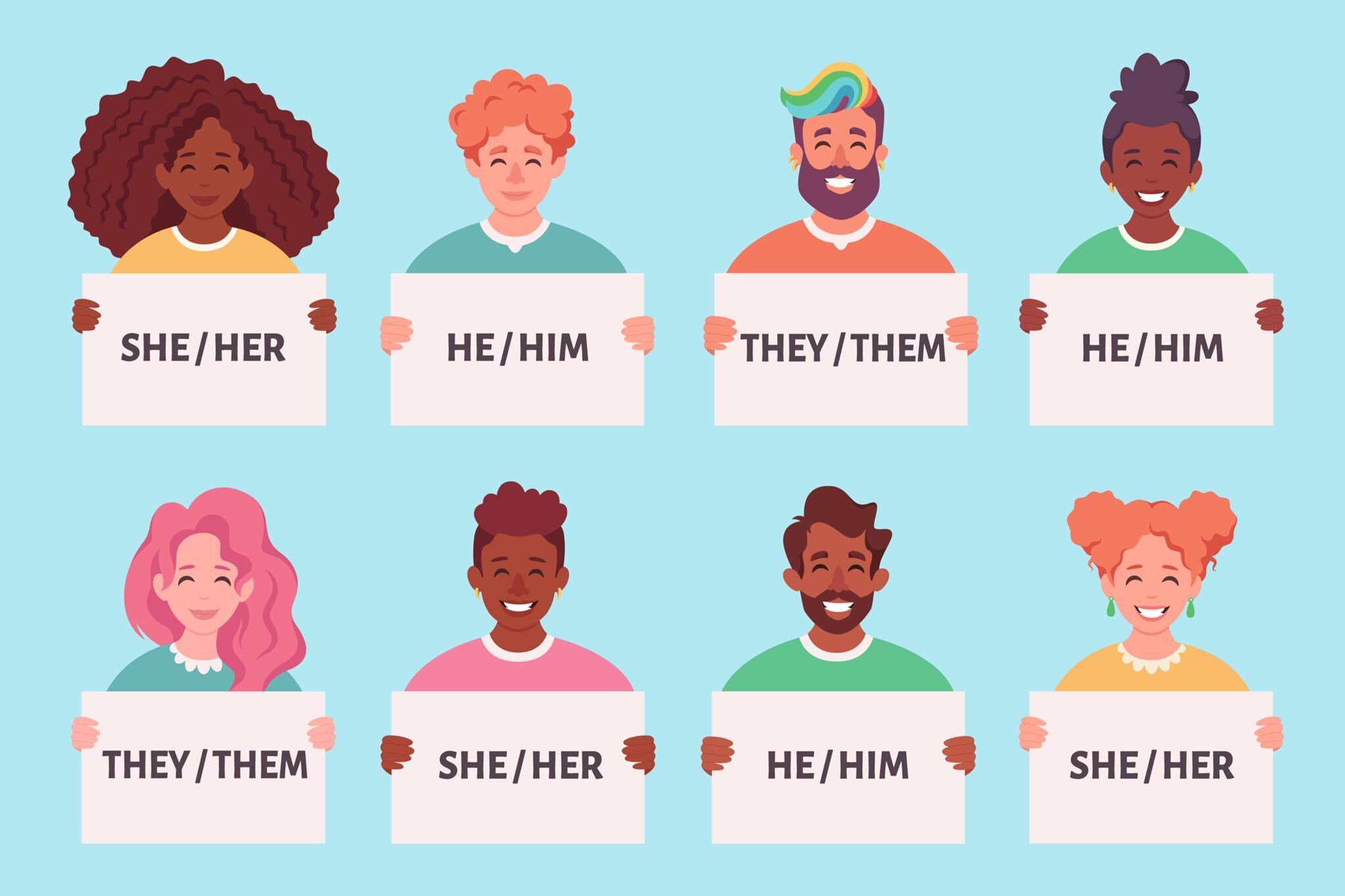Alluding courteously
Normalisation of the use of neopronouns for making dignified and preferred references to people is the need of the hour

An example of the future of introductions can be: "Hello, my name is Era and I go by 'she, her, hers' pronouns. What pronouns do you use?" or "How would you like me to refer to you?"
Becoming an LGBTQ+ ally can be done all year long, but June is special since it's celebrated as Pride Month. One of the best ways to be supportive to become an ally is by asking the right questions and having the correct information. When we meet a new person, we always start by introducing ourselves. Why not add learning and understanding each other's preferred personal pronouns or preferred gender pronouns (PGP) to our regular conversations?
What are pronouns?
According to grammar and linguistics, someone's pronouns inform us how to best refer to and honour them. These serve as foundations for the way we refer to people in place of their name or in the third person.
Why should I ask for preferred personal pronouns or PGP? Isn't it obvious by looking at someone which pronouns to use?
What you see isn't always what you should presume. This is a common misconception. A major part of the LGBT community is sadly put in conventional boxes. People may also make assumptions about the gender of a person based upon their appearance or their name. These assumptions aren't always correct, accurate, or helpful. As a society, we need to be more aware in our workplaces, schools, and communities to be more inclusive.
A preferred personal pronoun is a pronoun that a person prefers to be associated with.
Who can use them?
Everyone. Whether you identify as cis-gendered or not, these pronouns are for everyone.
What are some commonly used ones some lesser-known ones?
The most common pronouns are "she / her / hers", "he / him / his" and gender-neutral pronouns like "they / them / theirs".
Neopronouns are lesser-known. These can be adapted from other languages (for example, "ze" comes from the German language), some may even be based on science fiction or fantasy or invented by some folx to identify with what makes them feel comfortable. Some of them are, but are not limited to:
⁕ Ze/Zir/Zirs (pronounced zee/here/heres)
⁕ Ey/Em/Eirs (pronounced ay/em/airs)
⁕ Mx. (pronounced miks)
⁕ Proper name only
How to ask someone about their preferred personal pronouns?
An organic conversation should start with introducing yourself. Begin by introducing yourself and your pronouns, as an invitation for another to offer theirs. However, this is simply an invitation and not coercion for someone to share their pronouns. It's their choice. You do not have the right to someone's pronouns if the person is not comfortable discussing those with you. Some may be unaware of their choice of pronoun at the time.
You can politely ask someone "How would you like me to refer to you?"
Social media
A lot of individuals choose to share their pronouns on their social media these days with certain platforms allowing the space to add their personal pronouns.
I am uncomfortable asking about pronouns because what if I make a mistake while using them and offend someone? Isn't it better to just use what seems natural to me?
As a society, we evolve when we learn to make space for everyone. The change is certainly hard to begin with but it needs to start with you. Stating pronouns needs to become normalised someday in the future.
Cis-gendered people, in particular, need to get used to using and owning their pronouns, so that queer people don't have to feel pressure and outed.
We anyway already introduce our names to someone when we meet, and chances are you can make a mistake with that too, but that doesn't stop you from enquiring again. Using the same principle, know that we can all make mistakes. While not everyone may be okay with it, anyone can occasionally make a mistake with someone's pronouns. If this happens – accept, apologise, clarify, correct and try to be more mindful.
Remember, practice always makes things better, especially when it comes to learning gender-neutral pronouns.
Famous people and their pronouns
Demi Lovato & Sam Smith are famous singers who identify as non-binary and use they/them pronouns.
Send your questions to [email protected]



